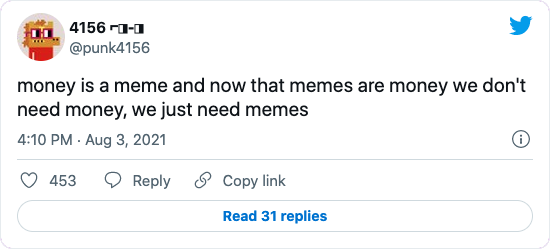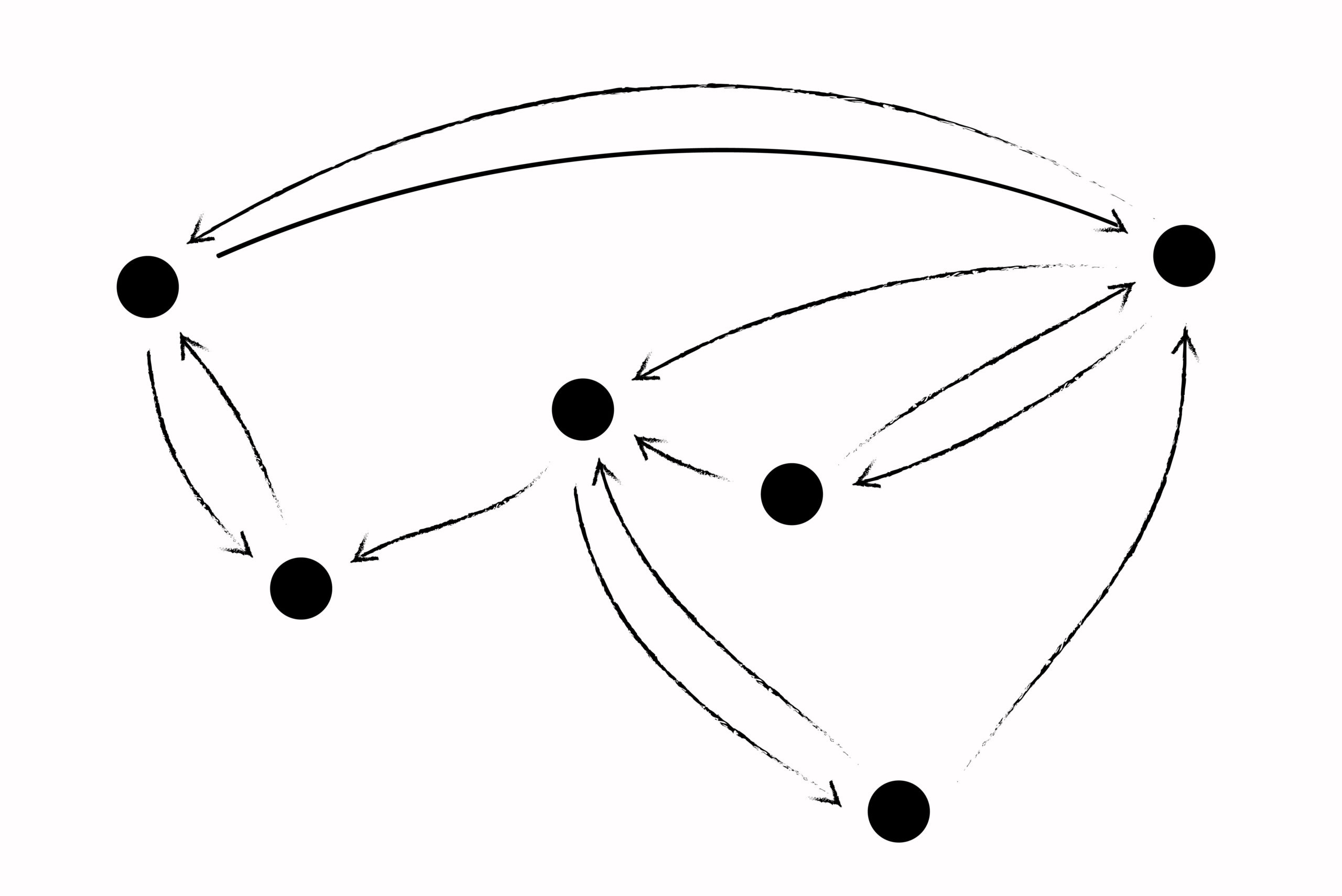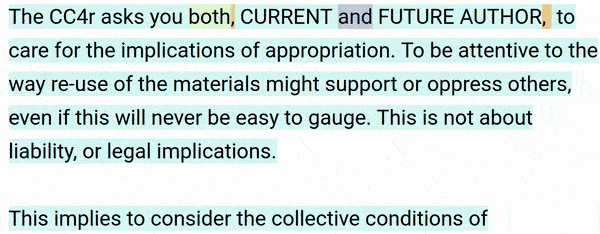Machines as Literary Companions
A long-running thread through the manifold work of Constant is an interest in collaborating with machines on installations, worksessions, and publications.
Conversations on Sound and Power: Alex E. Chávez – Part 1
Alex E. Chávez’s anthropological and autoethnographic practices address the relation between sound, power, and culture, especially in terms of how Latinx diasporic sonic traditions and experiments move through histories of migration.
Conversations on Sound and Power: Alex E. Chávez – Part 2
A focus on sound, sonic practices, and sounding within the larger framework of Latinx studies necessarily invokes a concern with emplacement, which is necessarily embodied.
Crypto Art Annotations: From Cold Retromania to Creatively Weird
When the “Homer Pepe” NFT sold for 205 ETH ($320,000), Barry Threw cheered: “The art world is a software problem now.”
Conversations on Sound and Power: Allie Martin
Allie Martin uses ethnographic fieldwork and digital humanities methodologies to consider how gentrification impacts and impedes on Black sonic life.
Beyond Follows: Trust In Computing
Trust is a felt quality of human relations, ephemeral and changing. Social media is an attempt to extend real sociality and to represent real trust. What is the shape of this data?
A Reparative Approach to Publishing
Where oral histories have long been anchored in practices of repetition and versioning, systems of publishing are still learning to trust and fully incorporate these dynamics, finding room for changes that are not based in the singular but in the collective.
A Generic Article
The generic: objects and ideas that are so pervasive we become unable to see their specificity.
Imaginary Blockscape
In the Cageian sense, an “experimental action is one the outcome of which is not foreseen.” To understand the potential of NFTs for experimental music, we don’t need to look any further than this sixty-year-old one-liner.
Collectively Setting Conditions for Re-Use
How can we create conditions for re-use which acknowledge different kinds of contributors? Oriented by a feminist and intersectional understanding of authorship, Constant considers cultural expressions as always already situated within the communities with which we exist.









